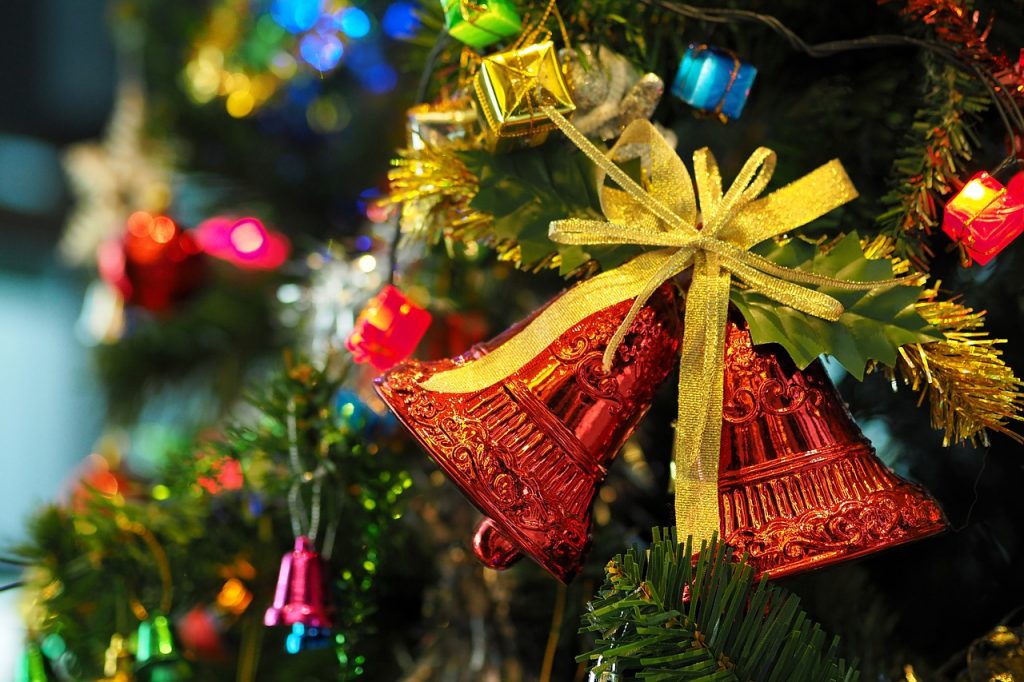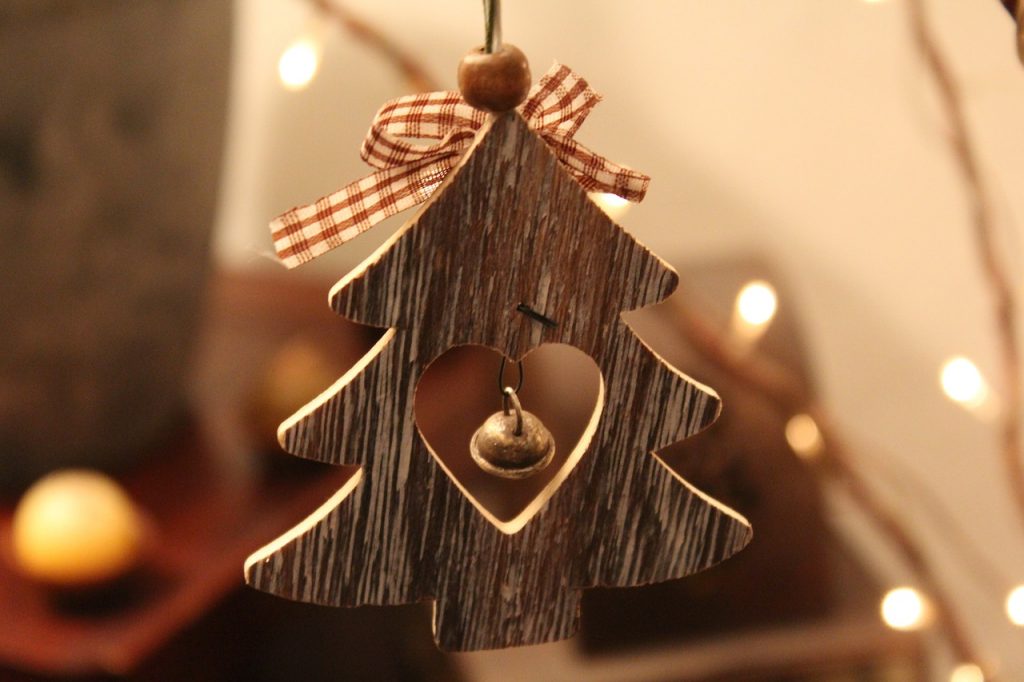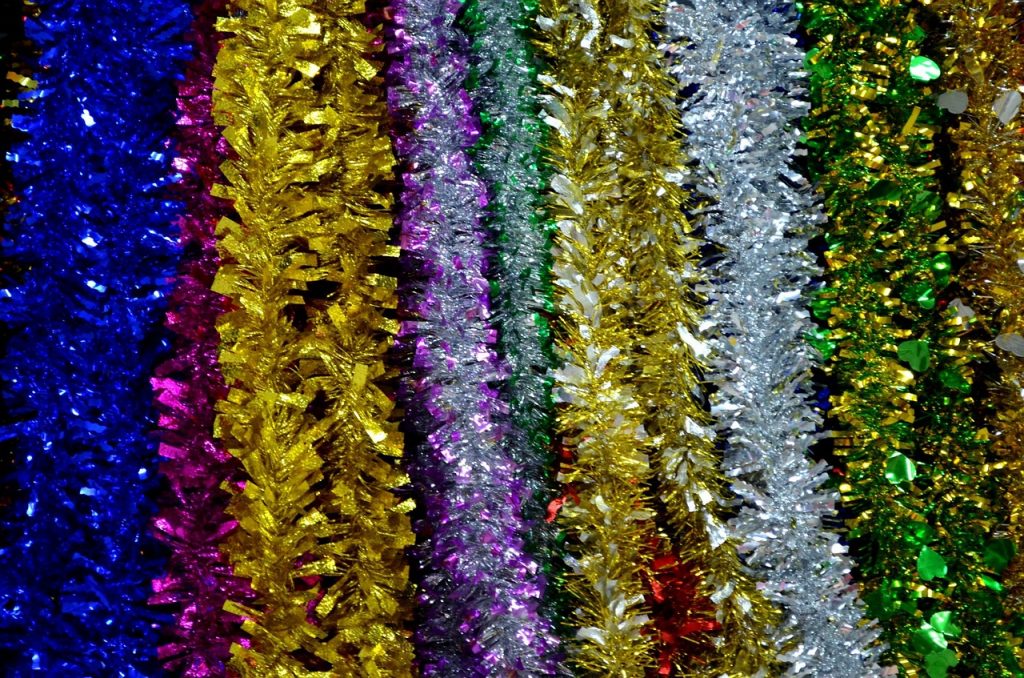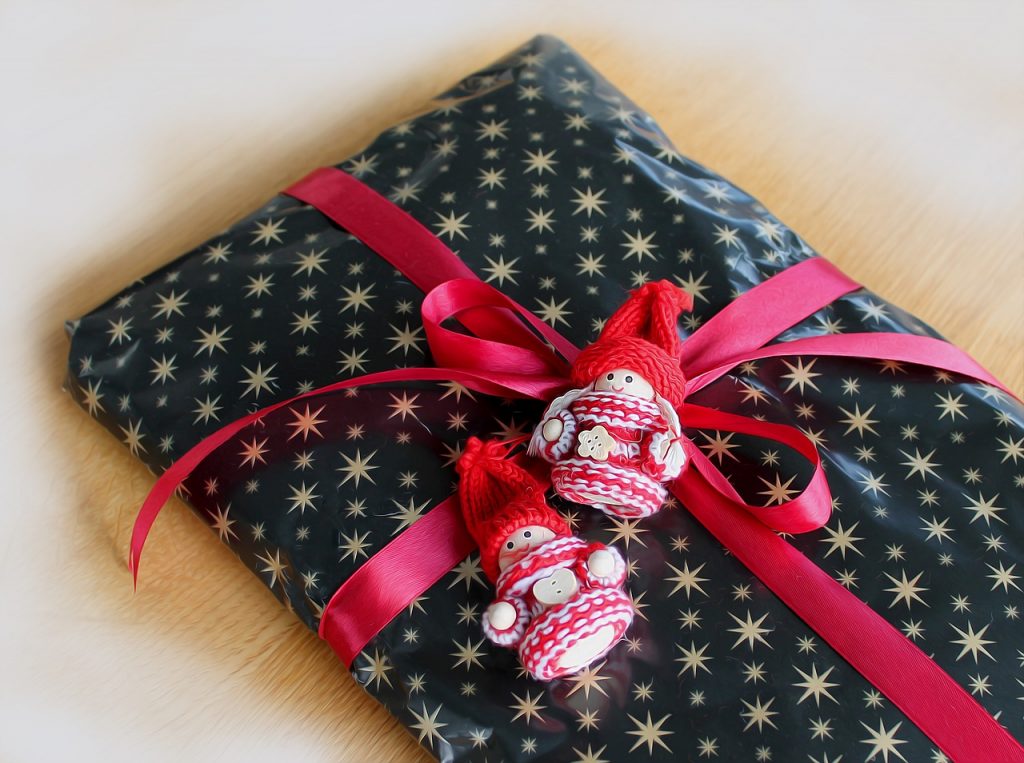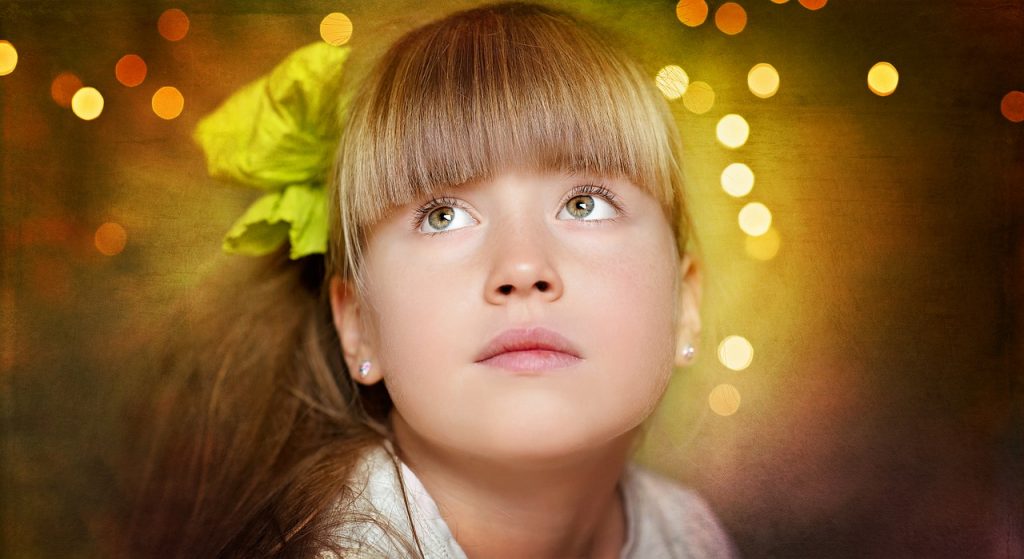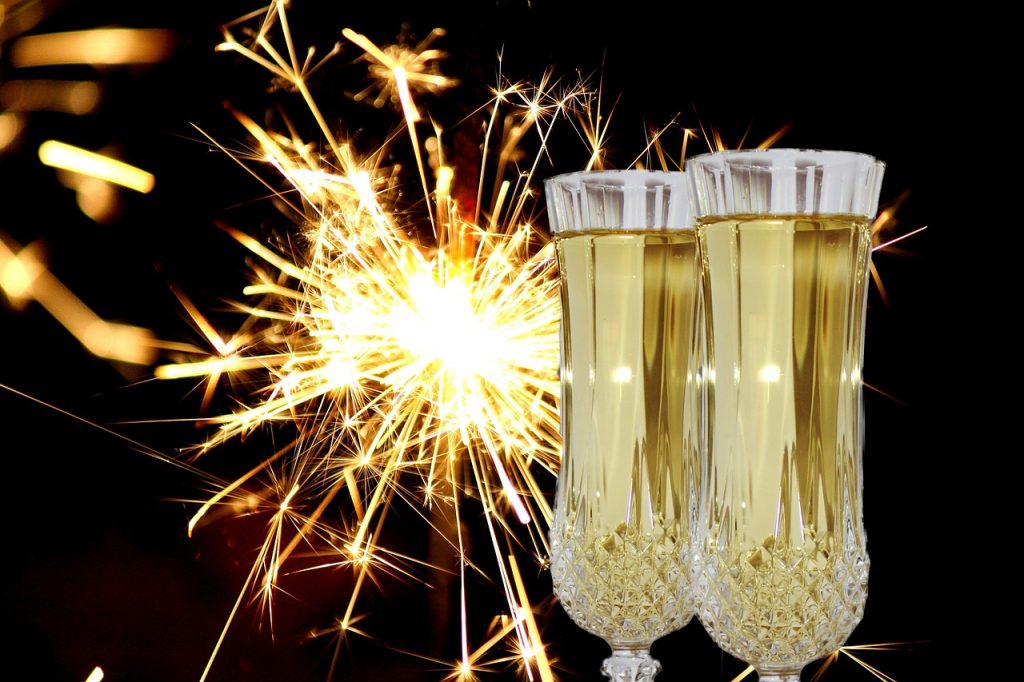10 Essential Words For Celebrating the Russian New Year Posted by Maria on Dec 29, 2016 in Culture, when in Russia
As we mentioned many times on this blog, New Year’s is probably the main holiday in Russia. Whether you are celebrating it in Russia or talking about it to your friends, here are the words that are certain to come up when discussing New Year’s celebrations in Russia.
1. Ёлка
The most important hallmark of New Year’s celebrations in Russia is what would be called a Christmas tree in English. The Russian counterpart is ель, spruce, more commonly known by its diminutive form ёлка.
Ёлка is also the name of a common New Year’s celebration for children at schools and in community centers, with performances, group activities, and gifts.
Редакция устраивала новогоднюю ёлку для подшефного интерната.(The editorial team was organizing a New Year’s celebration for a children’s home under its care.)
Сергей Довлатов. Чемодан (1986)
2. Игрушки
You probably know игрушка literally means “a toy.” However, a common way of saying “Christmas tree decorations” is ёлочные игрушки.
У меня остались елочные игрушки из детства моей бабушки: барышни, клоуны, купцы и фигурки животных, искусно сделанные из папье-маше.(I still have Christmas tree decorations from my grandmother’s childhood: damsels, clowns, merchants and animal figures skillfully made from papier-mache.)
Светлана Ткачева. Марина Хлебникова: Мужчина моей мечты должен быть ответственным (2002) // «100% здоровья», 2002.12.11
3. Мишура
Apart from hanging toys on the tree, it is common to decorate it with tinsel and lights. The fuzzy tinsel garlands are called мишура (mass noun). Strands of tinsel are called дождик (you will recognize дождь, rain). String lights are called гирлянда (singular for one set); this word can also be used to talk about a generic garland, as in a string of connected decorations.
Елка была украшена разнокалиберными шарами и большими звездами из фольги, но без гирлянд, мишуры, дождика ― казенная, неживая, зря погубленная елка.(The tree was decorated with balls of varying size and large foil stars but no lights, garlands, or tinsel — a government-issue, lifeless tree killed in vain.)
Алексей Иванов. Географ глобус пропил (2002)
4. Дед Мороз
Дед Мороз translates to “Grandfather Frost” and has comparable duties to Santa Claus. Traditionally, his coat (шуба) was blue, but under the influence of Santa Claus, he has recently been depicted wearing red.
Я сама, как и все дети советской страны, ждала от Деда Мороза велосипед и роликовые коньки.(Like all Soviet children, I expected Father Frost to bring me a bicycle and roller skates.)
Наталья Конрадова. Новой жизни не надо // «Русский репортер», № 29 (29), 20-27 декабря 2007, 2007
5. Снегурочка
Originally a character from folk tales, Снегурочка (Snow Maiden) has morphed into Father Frost’s granddaughter who helps him deliver gifts.
Вам уже надоело водить хороводы вокруг ёлки, звать Деда Мороза и Снегурочку и получать наборы шоколадных конфет?(Are you fed up with dancing around the Christmas tree, calling Father Frost and the Snow Maiden, and getting chocolates?)
Электронное объявление (2005)
6. Подарок
Speaking of gifts, one of the main traditions is дарить подарки (giving gifts). The gifts usually wait под ёлкой (under the tree) to be opened.
На Новый год вы получили в подарок от мужа новую сковородку.(You get a new frying pan as a New Year’s gift from your husband.)
Татьяна Озерская. Дареному коню – в зубы (2002) // «Домовой», 2002.01.04
7. Оливье
This salad is an iconic — or stereotypical, depending on your perspective — part of the holiday table. It is made with potatoes (картофель — mass noun), eggs (яйца), peas (горох — mass noun), carrots (морковь — mass noun), bologna (колбаса), and mayonnaise (майонез), with possible variations.
Как видно, в нынешнем общеизвестном виде салат Оливье сохранил в себе лишь два оригинальных ингредиента: огурцы и вареные яйца.(As we can see, Olivier salad as we now know it has retained only two of the original ingredients: pickles and hard-boiled eggs.)
Валерий Лукос. Национальная идея сквозь призму праздничного стола // «Отечественные записки», 2003
8. Куранты
Куранты is the word for the clock on the Kremlin tower. It is usually broadcast on TV on New Year’s Eve, and people wait for them to strike midnight (куранты бьют полночь, бой курантов — noun phrase) to make a wish and toast to the new year.
Папа дождался боя Кремлевских курантов, переданного по радио, произнес тост, и они с мамой чокнулись.(Dad waited for the striking of the Kremlin tower clock that was broadcast on the radio, said a toast, and clinked glasses with mom.)
Борис Левин. Блуждающие огни (1995)
9. Желание
As I mentioned, people will make a wish (загадывают желание) as the clock strikes midnight and hope it comes true (сбудется) in the new year.
На Новый год, под бой курантов, Ольга Петровна загадала желание ― чтобы год прошел спокойно, без потрясений.(For New Year’s, as the clock was striking midnight, Olga Petrovna made a wish — to have a peaceful year without turmoil.)
Маша Трауб. Замочная скважина (2012)
10. Шампанское
Champagne is traditionally used for the midnight toast. The usual wish is “С новым годом! С новым счастьем!” (To the new year! To happiness!).
Любой другой праздник может обойтись без шампанского, но только не Новый год.(We can make do without champagne for any other holiday, but not New Year’s.)
Александра Григорьева. Демократическая альтернатива (2003) // «Эксперт: Вещь», 2003.12.22
However you celebrate New Year’s — if at all — I wish you all the best in 2017. С наступающим!

Build vocabulary, practice pronunciation, and more with Transparent Language Online. Available anytime, anywhere, on any device.



